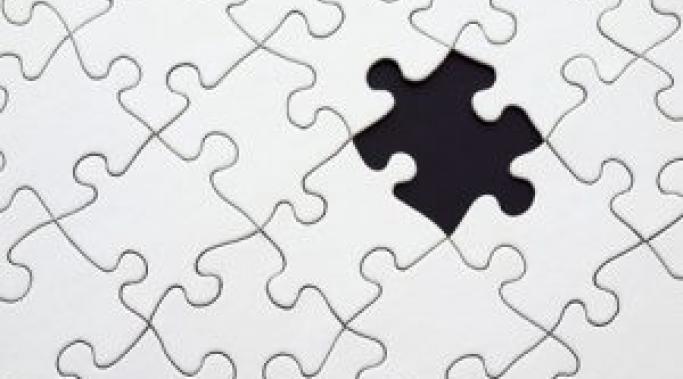Blogs
At some point in your eating disorder recovery, you will need to release anger. Recovery is an interesting process and it can also be tough. When anger comes up, it’s important to know how to handle it so that it doesn’t get stuck in your body and trigger eating disorder patterns (How to Channel Anger Constructively). Take a look at these helpful suggestions to help you release anger as it arises in your eating disorder recovery.
Catastrophic thoughts, and recognizing catastrophic thoughts, has always been a significant part of the anxiety I experience (Dealing with Catastrophic Thinking and Anxiety). Initially, I thought that imagining all these terrible things happening would allow me to plan for them and control them as a result. Learning to recognize and deal with catastrophic thoughts has helped me get through difficult times when my anxiety comes on strong.
Ever since his election many people, including some mental health professionals, have been speculating on President Donald Trump's mental health. This is unethical and dangerous. President Trump may or may not have a mental illness, but going public about it should be his decision. And his diagnosis, if any, should be between him and his doctor. Speculating on his mental health reinforces mental health stigma and keeps people from seeking help (Are You Afraid to Ask for Mental Health Help?). It's time to stop speculating on President Donald Trump's mental health.
Individuals with complex posttraumatic stress disorder (C-PTSD) frequently experience varying levels of dissociative amnesia and they need to learn coping skills for dissociative amnesia in C-PTSD (Complex Posttraumatic Stress Disorder vs. Simple PTSD). For myself, dissociation was my superpower when I had no other means of coping. However, decades later, certain sights, sounds, smells, stressful experiences or perceived dangers can still trigger my complex PTSD dissociation. Here are some of the coping skills I use for complex PTSD-related dissociative amnesia.
People often ask me how to help a friend through a bipolar mood episode. These are great friends that I can honestly say, anyone with any illness should treasure. So many people turn their backs on people with serious mental illness, so when a person actually wants to help, well, we love you. If you’re a friend who wants to help someone through a bipolar mood episode, consider these things.
There are three myths about hospitalization that keep people from seeking mental illness treatment when they need it most (Facts About Psychiatric Hospitalization). When I first started having symptoms, I believed all three myths. They kept me from seeking psychiatric treatment for about two years. Ironically, if I'd sought treatment when I first started having symptoms, I might have avoided the first hospitalization. Here are the three myths about hospitalization that keep people from seeking mental illness treatment.
We all use stigmatizing words; some can't seem to stop, some don't know they are hurtful. The truth is, we can make a difference in our world if we stop using stigmatizing words (Language Can Stigmatize People with Mental Illness). We want to be able to talk about mental health and reduce stigma in the media, at home, and in the workplace. To increase awareness and to do this, we must stop using stigmatizing words and insist others do the same.
It's clear we need a sensible drug policy in the United States. My generation grew up with a government policy of 100 percent abstinence from illegal substances. We became the most drug-addicted generation in history. When you explore the racist history behind our current drug policy and read what the science really says about illegal drugs, it can easily lead to one conclusion: We need a sensible drug policy in the United States.
Schizophrenia or schizoaffective disorder doesn't have to stop you from having a business. Schizophrenic.NYC. founder Michelle Hammer, a native New Yorker, chatted with me about her business and how it helps homeless people with mental illnesses like schizophrenia and schizoaffective disorder in New York City.
When you're caught in the roiling storm of anxiety, often the best way to calm that anxiety is to step back and observe. The fear, worry, and apprehension that are part of anxiety can become strong and debilitating when we're up close and personal with an anxiety-provoking situation. Why do we need to step back and observe when our anxiety is intense, and how do we do it?









